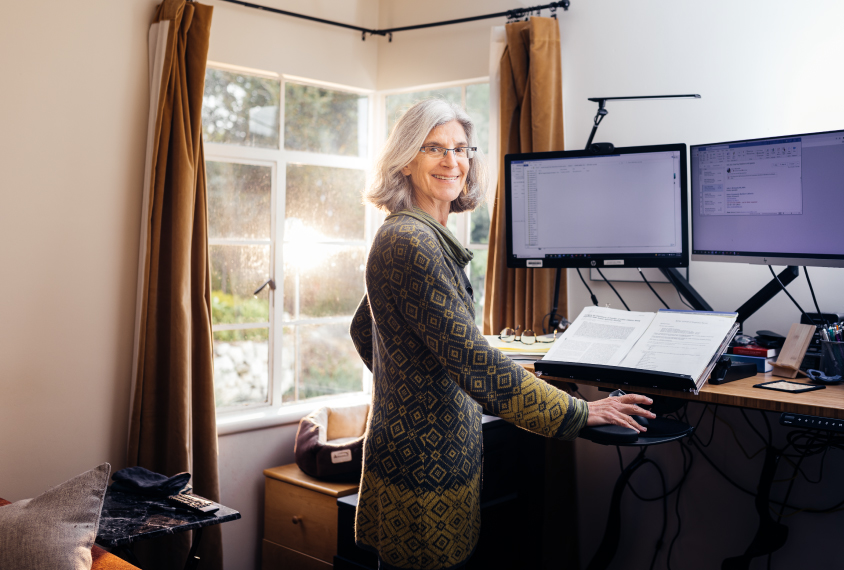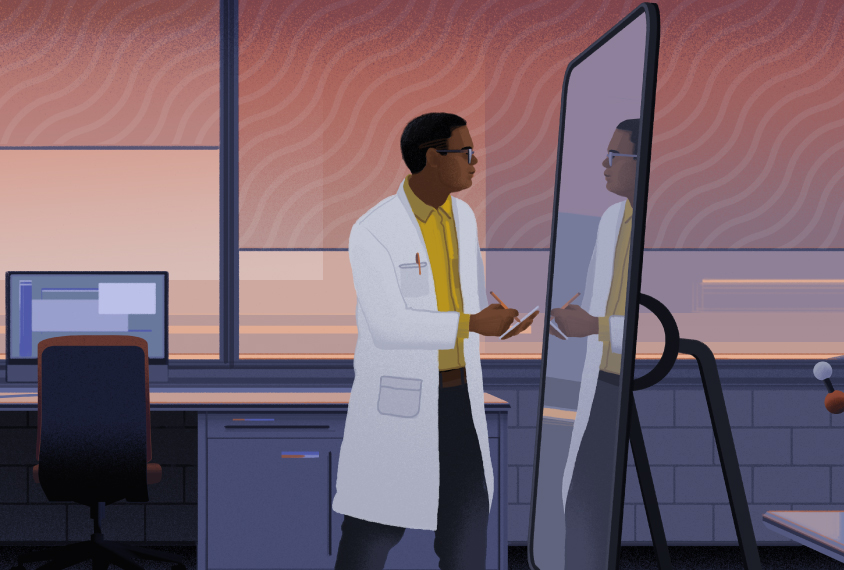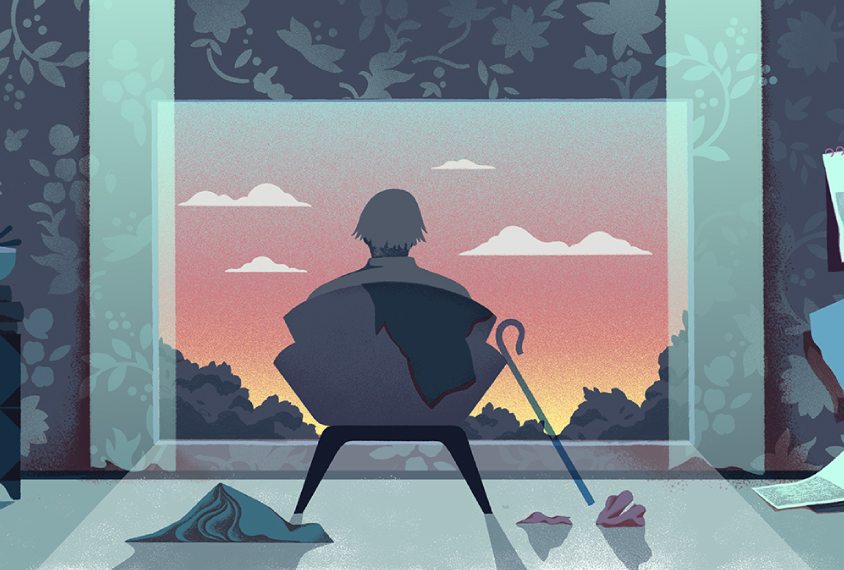Rachel Nuwer is a freelance science journalist who contributes to outlets such as the New York Times, Scientific American and New Scientist. She writes news articles for Spectrum. She lives in Brooklyn.
Rachel Nuwer
Contributing Writer
Spectrum
From this contributor
Lisa Croen: Autism’s first dedicated epidemiologist
Inspired by watching her autistic nephew grow up, Croen has also been an advocate for bolstering research and services for autistic adults.

Lisa Croen: Autism’s first dedicated epidemiologist
Finding strengths in autism
Autism comprises a set of difficulties, but growing evidence suggests that certain abilities also define the condition.
Meet the autistic scientists redefining autism research
Growing ranks of researchers on the spectrum are overcoming barriers — from neurotypical bias to sensory sensitivities — to shape autism science.

Meet the autistic scientists redefining autism research
Growing old with autism
For many autistic adults, the golden years are tarnished by poor health, poverty and, in some cases, homelessness. Their plight reveals huge gaps in care.
Mouse study links gene to some autism symptoms
Mice missing a gene called PTCHD1 in a deep-seated brain structure have autism-like symptoms that ease with treatment.
Explore more from The Transmitter
Neuro’s ark: Spying on the secret sensory world of ticks
Carola Städele, a self-proclaimed “tick magnet,” studies the arachnids’ sensory neurobiology—in other words, how these tiny parasites zero in on their next meal.

Neuro’s ark: Spying on the secret sensory world of ticks
Carola Städele, a self-proclaimed “tick magnet,” studies the arachnids’ sensory neurobiology—in other words, how these tiny parasites zero in on their next meal.
Autism in old age, and more
Here is a roundup of autism-related news and research spotted around the web for the week of 2 March.

Autism in old age, and more
Here is a roundup of autism-related news and research spotted around the web for the week of 2 March.
Lack of reviewers threatens robustness of neuroscience literature
Simple math suggests that small groups of scientists can significantly bias peer review.

Lack of reviewers threatens robustness of neuroscience literature
Simple math suggests that small groups of scientists can significantly bias peer review.


